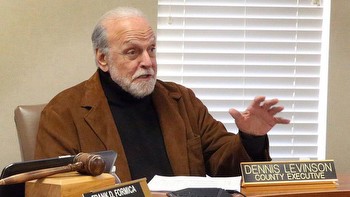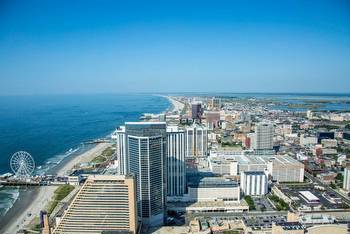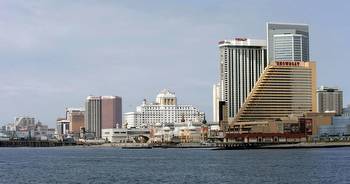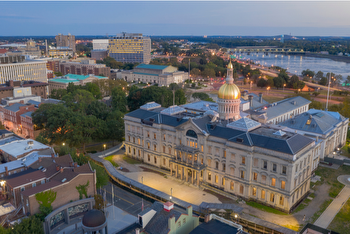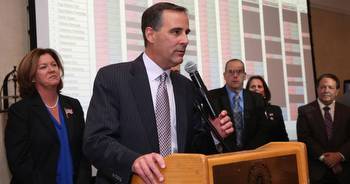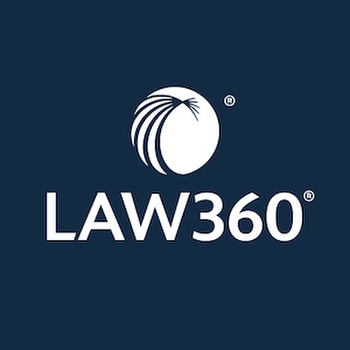Gov. Murphy says casinos to pay 'fair share' as state appeals court rulings in 2 PILOT lawsuits
Gov. Phil Murphy said this month the state will make certain that the Atlantic City casinos “pay their fair share” in taxes — making the comment as his administration continues its court fight to uphold a 2021 law that cut the industry’s local tax burden by millions.
The changes to the casinos’ payment-in-lieu-of-property tax system resulted in the industry paying $55 million less in 2022 than it would have if the law had stayed the same.
Murphy’s comments came during the Feb. 2 episode of WNYC public radio’s “Ask Governor Murphy” program. Asked by senior WNYC reporter Nancy Solomon how the new PILOT fit into his vision of a “stronger and fairer” economy, Murphy said he didn’t have the math at hand, “but we will make sure as a state that the casinos pay their fair share.”
“Tax fairness is really important to us, and it has been from day one. And if we don’t quite get it right, we’ll come back at it and do everything we can to get it right,” he continued.
Following his remarks, the Governor’s Office declined to answer additional questions from The Press of Atlantic City, citing the state’s ongoing litigation.
The state is appealing Superior Court rulings made in two separate lawsuits, one from Atlantic County and another from conservative nonprofit Liberty and Prosperity 1776 that challenged the 2021 law amending the PILOT.
This article was produced for ProPublica’s Local Reporting Network in partnership with The P…
The Superior Court last year ruled in favor of Atlantic County, with Judge Joseph Marczyk writing in his Feb. 25 decision that the new PILOT law violated a 2018 consent order that determined the county’s share of those revenues. County officials estimated the amended PILOT will result in roughly $19.3 million less than expected for the jurisdiction from 2022 through 2026.
“If it is fair, why should the Atlantic County taxpayer be the only taxpayers in the state that are taking it on the chin?” county Executive Dennis Levinson said Thursday.
Seth Grossman of Liberty and Prosperity also questioned the administration’s commitment to “tax fairness.”
“Governor Murphy failed to even mention our State Constitution, which requires casino real estate to be assessed and taxed the same as all other real estate. Once again, this Governor is showing either ignorance or contempt for a document that he swore to comply with,” Grossman said in a statement.
Murphy’s latest remarks appear to be his first public statements on the casino PILOT since December 2021. The day before signing the bill into law, Murphy told reporters, “The approach, the notion, the direction, conceptually are all good by me.”
Beginning in 2017, instead of paying property taxes, each casino has paid a share of an industry-wide assessment known as a PILOT, which is distributed to Atlantic City, its school district and Atlantic County.
This article was produced for ProPublica’s Local Reporting Network in partnership with The P…
The original PILOT system determined the amount due based on three data points for each casino: gross gaming revenue, including money from online gaming; number of hotel rooms; and acreage. But in 2021, the casinos pushed for and won a key legislative change to that formula, excluding online gaming — a fast-growing sector of its business — from the program.
In August, Atlantic County Assignment Judge Michael Blee sided with Liberty and Prosperity, which challenged the constitutionality of the 2021 law by arguing that the state’s founding document bars preferential tax treatment.
The state countered that the new law was exempt from that prohibition because it served a “permissible public purpose.” But Blee disagreed, writing that the changes to PILOT were “enacted to aid the casino industry and not for a public purpose.”
“There is no evidence to suggest that casinos could not meet their PILOT obligations under the Original Act,” Blee wrote. The legislation, he concluded, was advanced “to aid what was actually a resurging industry.”
Blee’s decision echoed the findings of a Press of Atlantic City and ProPublica investigation, which found as the industry pushed for tax relief, it was already rebounding from the pandemic slump.
In 2021, it reported roughly $767 million in gross operating profits, its best year in more than a decade. Through the first three quarters of 2022, the latest data available, Atlantic City’s nine casinos reported $608 million in gross operating profits, putting the industry on pace to match or surpass the previous year.
This article was produced with ProPublica as part of its Local Reporting Network initiative.…
In a brief filed Jan. 18 with the Superior Court of New Jersey Appellate Division, the state reiterated its view that the amended PILOT serves a public purpose by redirecting potentially “stranded” Investment Alternative Tax revenue to Atlantic City and “forestalling a potentially ruinous tax hike” for the industry. It claims Bally’s Atlantic City, Resorts Casino Hotel and Golden Nugget Atlantic City could face “severe financial difficulties” if the PILOT had not changed.
Removing online wagers from the formula was also necessary, according to the state’s latest legal filing, because an increasing share of online gaming revenue was not going to the casinos but their tech partners.
“Because they lacked off-the-shelf expertise to implement Internet gaming or (following legalization) online sports wagering themselves, Atlantic City casinos entered into agreements and partnerships with third-party vendors and affiliates,” the brief said.
Mark Giannantonio, president of the Casino Association of New Jersey and Resorts’ CEO, declined to comment. Representatives from Bally’s and Golden Nugget did not respond to requests for comment.
The state also contends the new law meets the state Constitution’s uniformity clause since it “mandates only that taxpayers be treated in a manner comparable to other similarly-situated taxpayers,” meaning casinos, and that the new PILOT law is “presumptively valid” because it falls in line with statutes related to exemptions for blighted areas and casino taxation.
Liberty and Prosperity has until Feb. 20 to respond to the state’s Jan. 18 filing. In the Atlantic County case, the Appellate Division granted the state’s motion for an extension of time to file its brief, which is now due Monday.








